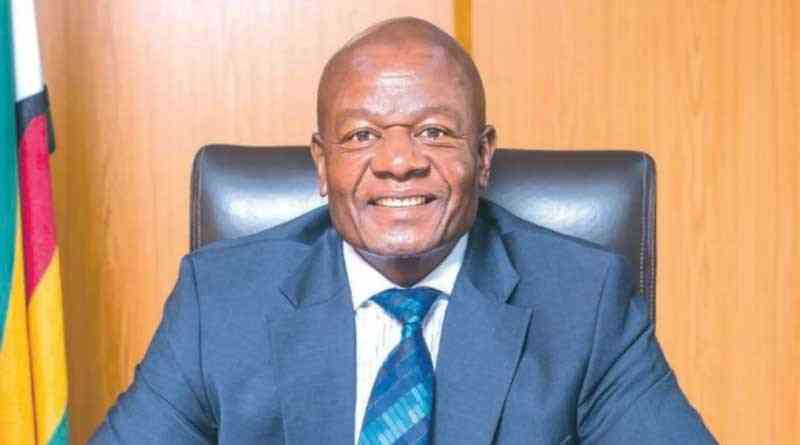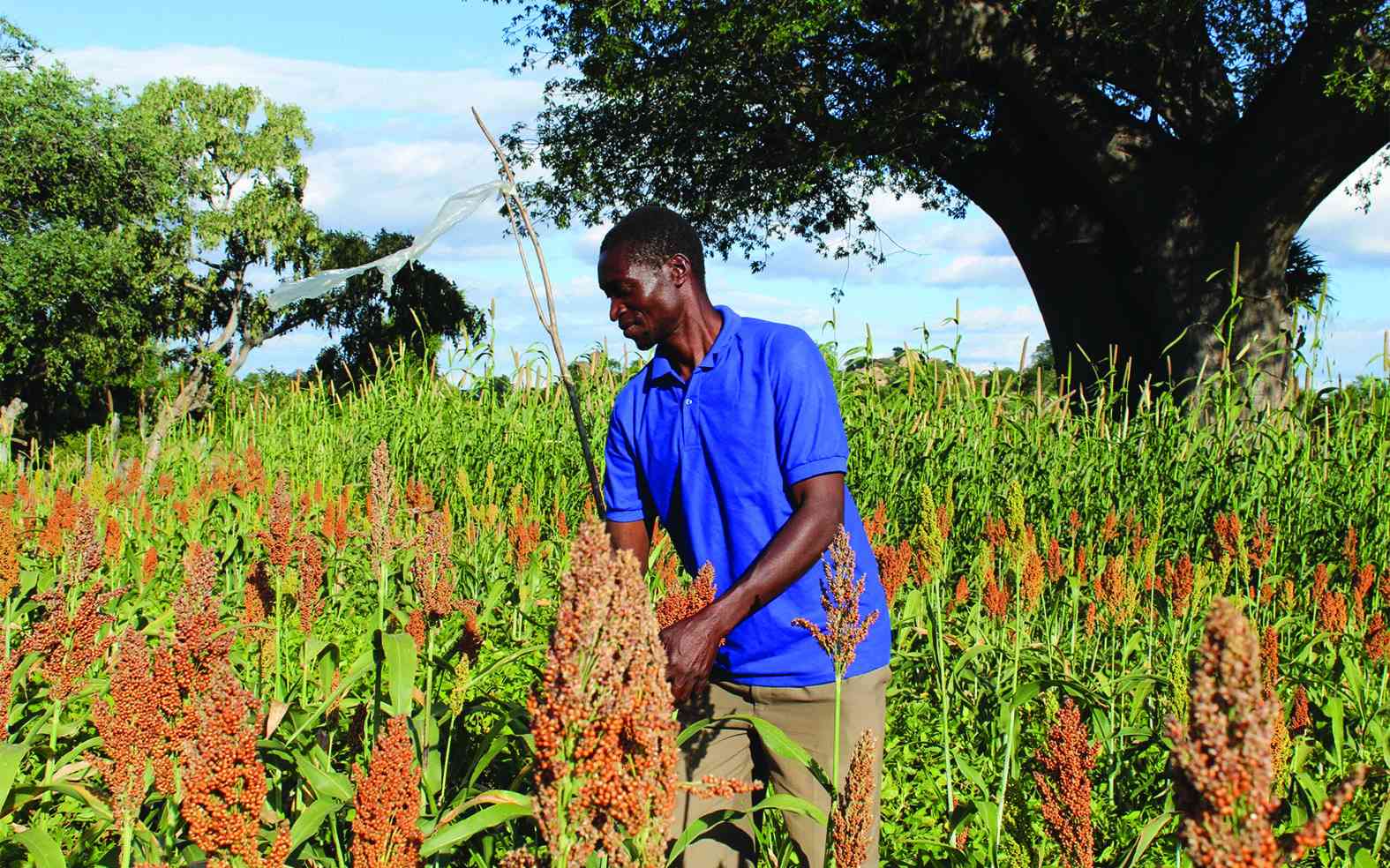
GOVERNMENT has engaged humanitarian organisations to build resilient communities in the wake of increasing climate change-related disasters.
This was revealed by Local Government and Public Works minister Daniel Garwe in a speech presented during a conference organised by the Food and Agriculture Organization (FAO) in Bulawayo this week.
Garwe said following the devastating El Niño-induced drought, stakeholders have reflected on lessons learned and are working to strengthen disaster preparedness and response.
He said this collaborative effort aims to safeguard livelihoods, promote sustainable development and ensure a prosperous future for generations to come.
Garwe added that the recent El Niño-induced drought had crippled most sectors of the economy.
“This climatic condition tested our systems, challenged our communities and revealed both our strengths and areas for improvement,” he said.
Garwe said the drought was forecasted by the Meteorological Services Department as early as June 2023.
“The President declared it state of disaster and it was formulated in the 2024 National Budget incorporating preparedness, mitigation, response and resilience strategies.
- Village Rhapsody: In Zimbabwe poverty is biting the poor the most
- Zim maize output to drops by 43%
- Village Rhapsody: In Zimbabwe poverty is biting the poor the most
- Zim maize output to drops by 43%
Keep Reading
“The resilience building component targeted interventions aimed at strengthening community capacities for sustainable livelihoods and the ability to cope with future disasters,” he said.
“The country experienced the worst drought in over 40 years. In response, the domestic and international appeal for humanitarian assistance was crafted.
“"The international and domestic humanitarian working together with the government was able to offer food to vulnerable groups around the country.”
Garwe said strengthening community resilience through promoting drought resistant crops, water conservation techniques is crucial for mitigating the impacts of future droughts.
“Interventions in all sectors were implemented across all 10 provinces. Support for the winter cropping season, school feeding Programme, water provision, energy supply initiatives, capitalisation of micro small and medium enterprises, agricultural mechanisation and co-ordination were prioritised,” he said.
The Local Government minister applauded the significant contributions of the two-year FCHO-funded project which has come to an end and implemented by FAO, International Federation of the Red Cross and Red Crescent Societies and World Food Programme.
“The project enhanced co-ordination and multi-sectoral collaboration in early warning and anticipatory action initiatives.
“This project strengthened institutional systems and community resilience to hydro meteorological hazards, protecting livelihoods, food and nutrition security of vulnerable households,” he said.
“The initiatives such as establishing harmonised frameworks for anticipatory action co-ordination, developing triggers for impact-based forecasting and scaling up disaster risk financing analysis, have been instrumental in promoting a system wide shift from reaction to anticipation.”









